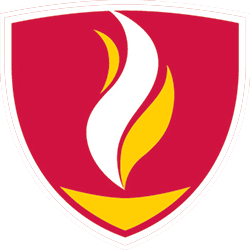Graduation Year
2019
Embargo Period
6-27-2019
Document Type
Research Paper
Degree Name
Medical Doctor (MD)
Department
Department of Internal Medicine
First Advisor
Elizabeth Cerceo, MD
Subject(s)
Internal Medicine, Anatomy
Abstract
Abstract
Objectives:
The primary hypothesis of this project is that those who take the medical sculpting course will be positively impacted on their anatomy practical examinations when compared to those who have not taken the course. The secondary outcome of this project is that those who take the medical sculpting course will have a difference in their pre- and post- mental rotations test.
Methods:
Using the Vandenberg and Kuse mental rotation test, the students taking the sculpting session and a control group of students were pre-screened for their visual spatial awareness. The students who opted into the course then completed a medical sculpting course relevant to whatever course they were enrolled in. After the course they took the mental rotation test again. Both groups then took their anatomy practical examination.
Results:
Comparison of the averages of the anatomy practical examination score control vs course had a p value of 0.8154. Comparison of the pre-test mental rotation scores vs the post-test scores had a p value of 0.0329
Conclusion:
The hypothesis that a medical sculpting course would positively affect the anatomy practical grades of those who took it versus those who did not has been disproven using the current data. Secondly, the hypothesis that a medical sculpting course would positively affect the mental rotation test results pre and post course has been proved correct. Both will also be evaluated further with a larger sample size as the course is ongoing.
Recommended Citation
Hernandez, Jessa, "Sculpting Course impact on medical students' anatomy examination grades" (2019). Cooper Medical School of Rowan University Capstone Projects. 24.
https://rdw.rowan.edu/cmsru_capstones/24


